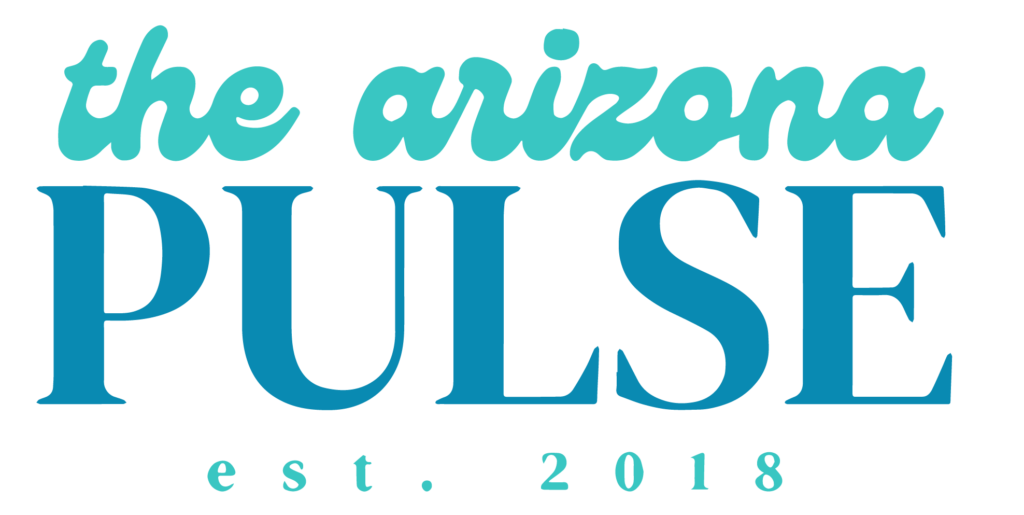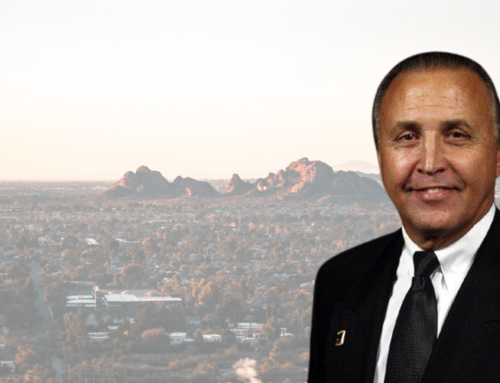Written By:
Leigh A. Neumayer, MD, MS
The Path to Leadership – can start early!
I think my first taste of leadership was in third grade, somewhat jokingly. I ran for secretary of my class and won! Then there was a drought of leadership positions, not because I didn’t try. The drought was likely due to my lack of social awareness and understanding of what it took to be elected in junior high or high school to student council. I was pretty much a nerd, hair in braids, more interested in babysitting and reading than I was in hanging out with people.
In college though, the drought ended when I was elected as leader of several organizations (pre med club, Tau Beta Pi). I wouldn’t have characterized my path as expanding my leadership horizons. Initially, my real motivation was my own experiences and figuring out how to improve the processes for people coming behind me. Examples of this in medical school included: establishing a used book store, a classroom to clinics orientation and a residency planning workshop.
Intentional Leadership – Teaching is Leading
As I have matured and actively and intentionally improved my leadership skills, I have looked for opportunities to expand my sphere of influence. My progress as a leader has been greatly accelerated by participation in leadership courses such as ELAM (thank you, University of Utah) and by using an executive coach. I have now used a coach for over five years. It costs about $1000 a month and is worth every penny.
As far as leadership in medical education, I again looked for opportunities to improve my teaching skills. It is interesting to me that we expect all physicians to be educators (of students, trainees and, most importantly, of our patients) without any formal training. My early career plans were to be a kindergarten teacher, combining my love of kids with my love of teaching. I landed in academics in part because I find the questions raised by students and residents very stimulating, encouraging me to practice life-long learning. As with my leadership skills, I have worked to improve my teaching skills by taking courses, reading and then also developing and conducting studies in the realm of medical education.
Likely due to my passion for education, I won several teaching awards as a resident, including house officer educator of the year at the University of Arizona College of Medicine-Tucson. I also was able to serve as a clerkship director both at University of Arizona and at the University of Utah. My goals as clerkship director were to provide the most supportive, educational environments for the students while adhering to local, regional and national rules and regulations. In pursuit of this, whenever possible, I studied what we did with the clerkship or other teaching opportunities to provide others with data on which to build their own programs. As I became a more seasoned academic surgeon, I became very interested in the education of surgeons in practice, that is, teaching old dogs new tricks.
Learning from Failures – Stay Curious
The three most important things I have learned about failure are to be resilient, to never give up, and to approach all situations with curiosity. If the door you were hoping to go through closes, turn around; there are likely other doors that will take you to where you want to be. If you get knocked down (or in my case, fall down), get back up, brush yourself off and evaluate the situation. What was your contribution? What are your options going forward? Approaching situations with curiosity is critically important in every situation, and in particular in situations with conflict.
Pearls of Wisdom
I close with these pearls of wisdom for managing conflict as you gain a philosophy of leadership.
- Always take the high road – and there is always a high road.
- Using phrases from two leadership books, seek first to understand (7 Habits of Highly Effective People) and second, ask why would a sane, rational person behave that way (Crucial Conversations).
- Take advantage of the “teachable moment.”
- When you point a finger at someone, remember how many fingers are pointing at yourself.
- Manage your money, make most everything you do count for two things, live everyday to its fullest.
- All humans are continuous quality improvement projects, make sure that you are, too.
Dr. Leigh Neumayer is Interim Senior Vice President, Health Sciences at the University of Arizona, and Professor, Surgery, Professor, Obstetrics and Gynecology, Department Head, Surgery, University of Arizona Health Sciences.






